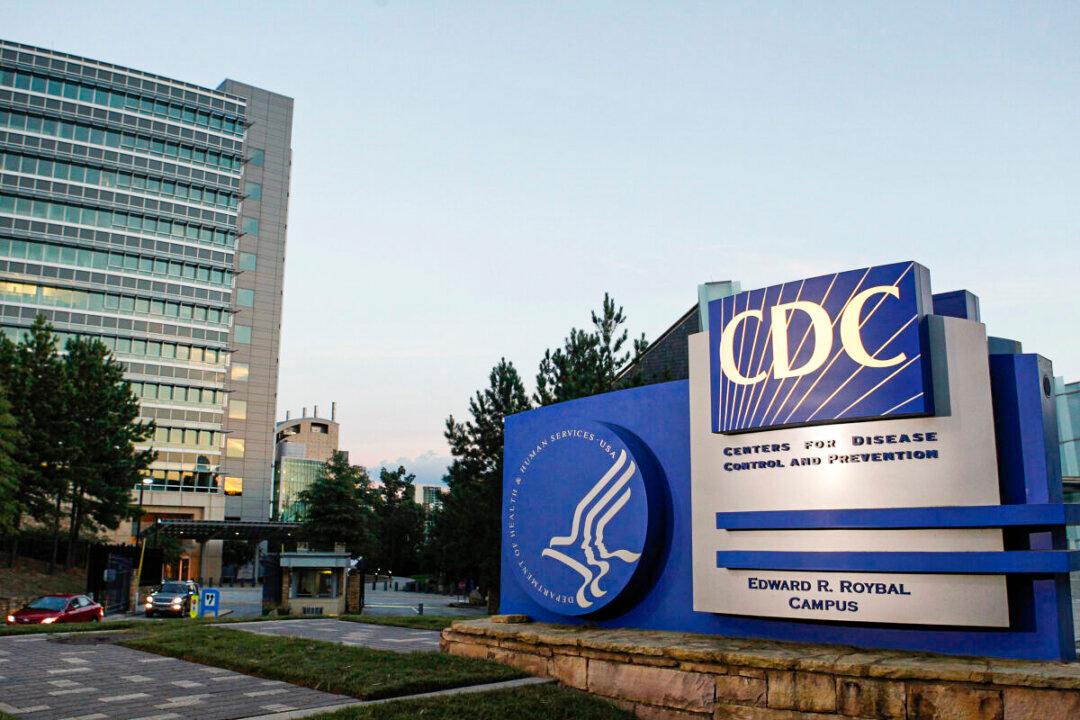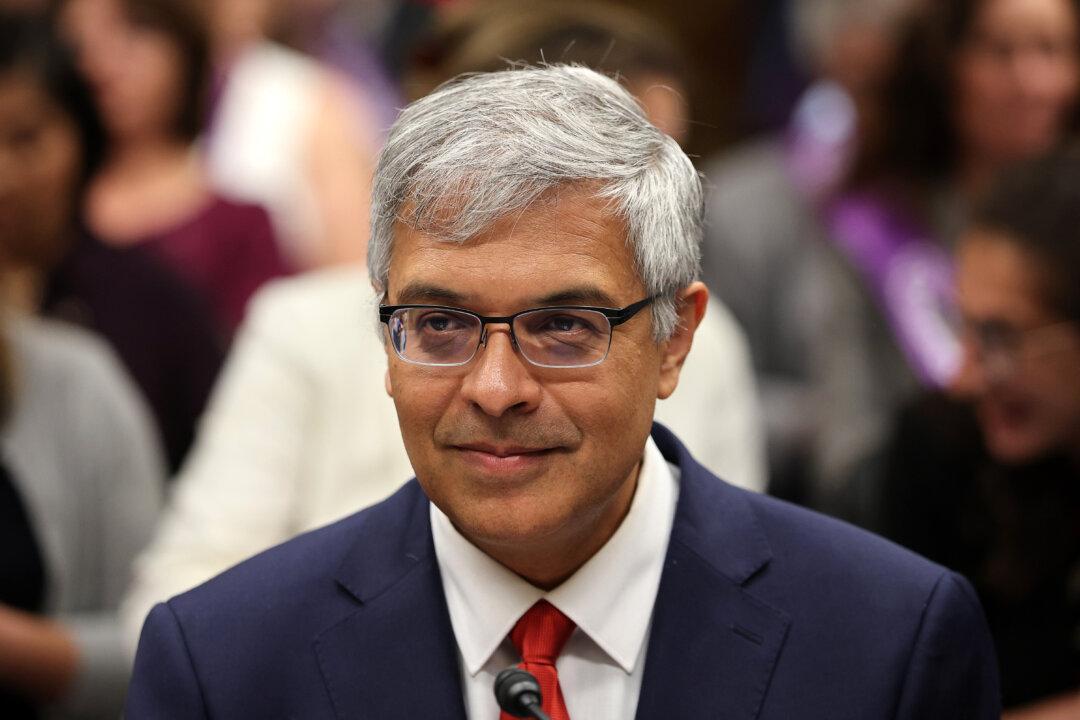No cases of the new Omicron virus variant have been identified in the United States so far, according to the Centers for Disease Control and Prevention (CDC).
The CCP (Chinese Communist Party) virus variant was first seen in southern Africa earlier this month and has been designated a variant of concern by the World Health Organization, which says it may be more transmissible than the Delta and Alpha strains.






